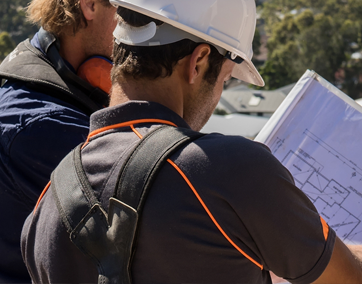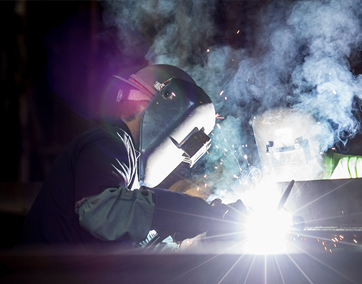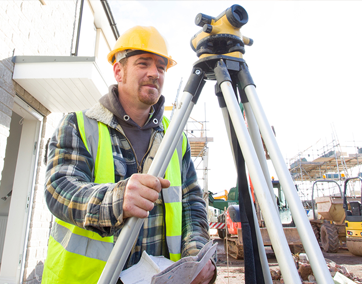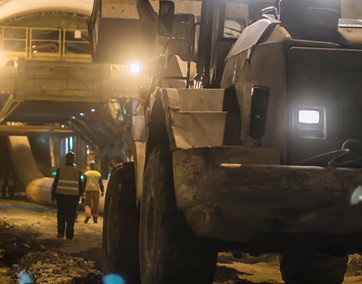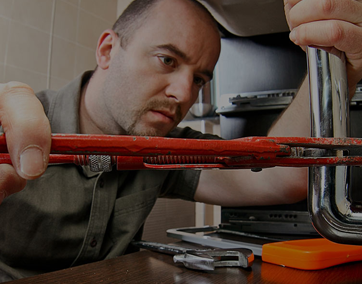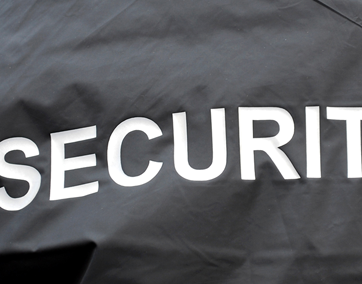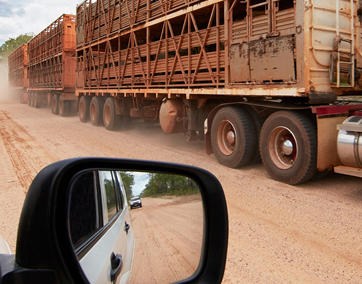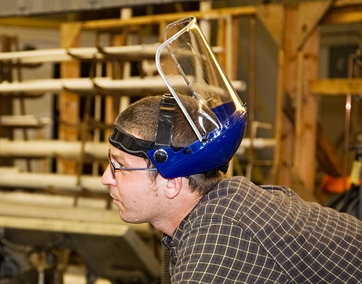- Certificate III in Air-conditioning and Refrigeration – UEE32220
- Certificate III in Automotive Electrical Technology – AUR30320
- Certificate III in Cabinet Making and Timber Technology – MSF30322
- Certificate III in Carpentry – CPC30220
- Certificate III in Commercial Cookery – SIT30821
- Certificate III in Concreting – CPC30320
- Certificate III in Construction Waterproofing – CPC31420
- Certificate III in Engineering – Fabrication Trade – MEM31922
- Certificate III in Engineering – Mechanical Trade – MEM30219
- Certificate III in Heavy Commercial Vehicle Mechanical Technology – AUR31120
- Certificate III in Landscape Construction – AHC30916
- Certificate III in Light Vehicle Mechanical Technology – AUR30620
- Certificate III in Mobile Plant Technology – AUR31220
- Certificate III in Painting and Decorating – CPC30620
- Certificate III in Roof Plumbing – CPC32620
- Certificate III in Wall and Floor Tiling – CPC31320
- Certificate IV in Building and Construction – CPC40120
- Certificate IV in Kitchen Management – SIT40521
- Certificate IV in Plumbing and Services – CPC40920
- Diploma of Building and Construction (Building) – CPC50220
- Diploma of Early Childhood Education and Care – CHC50121
- Click here to view 100+ other Qualifications



